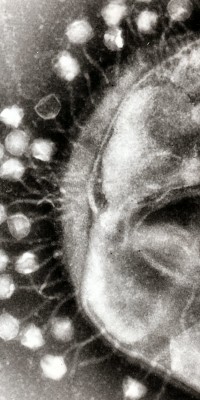Equine arteritis is an RNA virus of the genus Arterivirus. The virus is an acute, contagious, viral disease of equids. There is no known hazard to humans associated with Equine arteritis.
Transmission:
Transmission of Equine arteritis can occur by respiratory, venereal, and congenital routes or by indirect means. Airborne spreading of the virus is most common. It is primarily responsible for transmission among naive equids kept in close contact such as in racetracks, shows, sales, vet hospitals, and breeding farms. The virus can also be transmitted venereally by an acutely infected mare or stallion. Infection can also be spread through indirect contact with virus-contaminated surfaces or by animal handlers.
Symptoms:
Symptoms shown may depend on the horse’s age, the strain of the infecting virus, the condition of the horse as well as the route of infection. Most horses don’t show any signs and even those who do show symptoms can vary greatly in severity. These symptoms may include:
- Fever
- Depression
- Anorexia
- Leukopenia
- Conjunctivitis
- Nasal discharge
- Respiratory distress
- Skin rash
- Temporary subfertility


